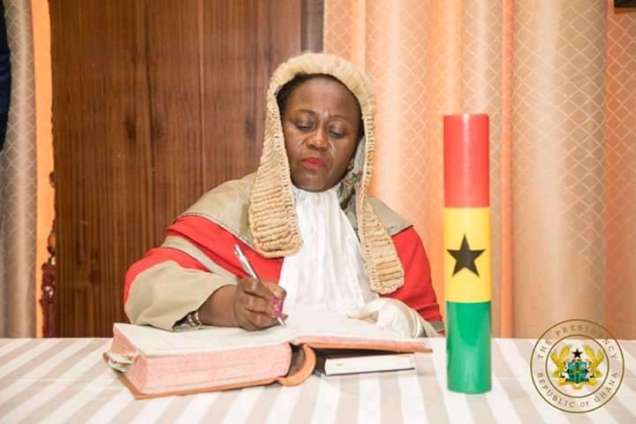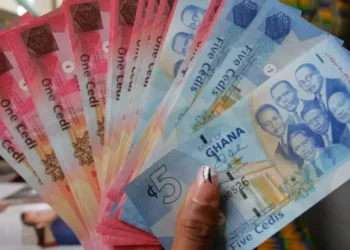As public debate intensifies over the potential removal of suspended Chief Justice Gertrude Araba Sackey Torkornoo, Dennis Miracles Aboagye has weighed in, calling for a more measured national response.
Aboagye, a New Patriotic Party (NPP) communicator and Director of Communications for Bawumia’s 2024 campaign, urged Ghanaians to allow the official process surrounding the Chief Justice’s removal to proceed without further politicization.
Aboagye emphasized that the committee currently reviewing the matter should be permitted to complete its mandate without interference.
He suggested that once the panel has finished its work, any concerns or objections to the Chief Justice’s removal can be better understood and addressed.
“It is something that has been planned already, and so, I suggest we stop talking about it and allow the committee to complete its work before we delve into it. Also, when we stop talking about it, it will hasten the entire process because what they want to do has already been secretly orchestrated behind closed doors.”
Dennis Miracles Aboagye
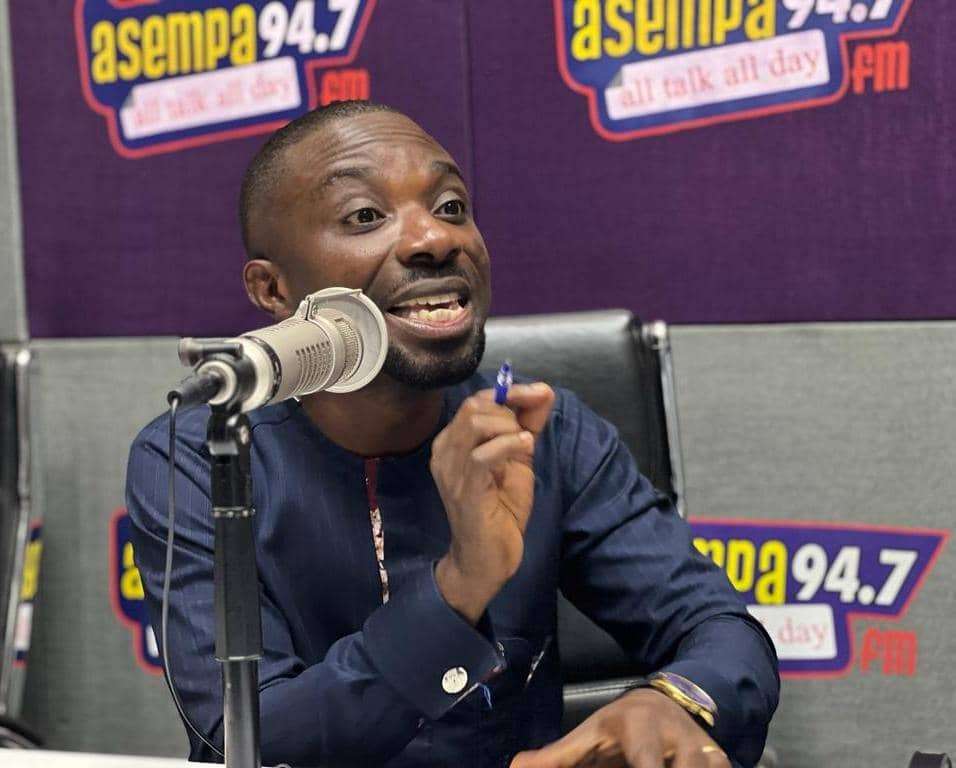
Dennis Aboagye contended that the entire process surrounding the Chief Justice’s possible removal has been carefully arranged to leave little room for successful opposition.
In his assessment, the system is being manipulated in such a way that any attempts to challenge the removal—no matter how legitimate—will be systematically dismissed or stalled.
He warned that those behind the move are determined to see it through, and any petition filed in resistance is likely to be undermined by procedural hurdles, especially through demands for overwhelming evidence.
These demands, he suggested, are deliberately used to drag opponents into a prolonged legal back-and-forth, ultimately rendering their efforts ineffective and exhausting public resolve.
Court Dismisses Petitions Against Chief Justice Removal
Meanwhile, the legal effort to halt the proceedings hit another obstacle. On Wednesday, May 21, the Supreme Court, by a 4–1 majority, dismissed an application filed by private citizen Theodore Kofi Atta-Quartey.
The application sought to question the constitutionality of the process involved in the Chief Justice’s removal, but the Court ruled it lacked merit.
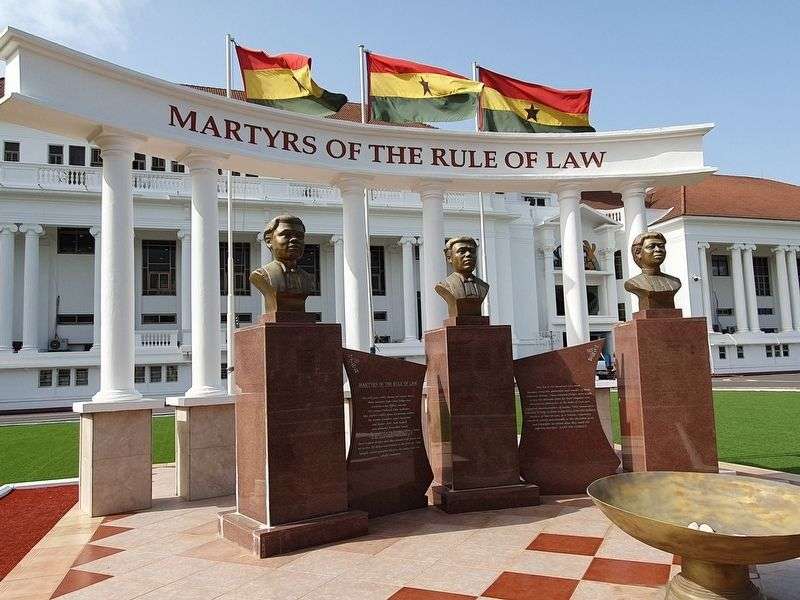
This ruling marked the second legal challenge on the same issue to be dismissed by the apex court on the same day.
The first was brought by the Centre for Citizenship, Constitutional and Electoral Systems (CenCES), which aimed to nullify President John Mahama’s suspension of Justice Torkornoo and halt the committee’s proceedings entirely.
CenCES had petitioned the Court to declare that the procedures outlined in Article 146(6) must be governed by a clearly defined constitutional instrument.
They further argued that the President’s discretion in determining the existence of a prima facie case should not be exercised arbitrarily and should instead be structured by constitutional guidance.
As part of their legal challenge, the petitioners sought several declarations, one of which emphasized that the committee of inquiry operating under Article 146(6) should be bound by clearly established procedures, defined powers, and specific limitations laid out in a constitutional instrument.
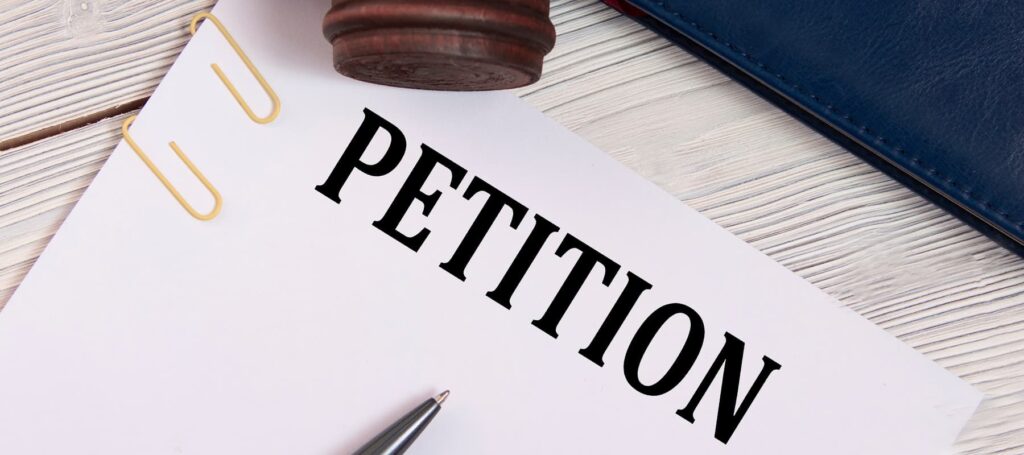
“A declaration that under Articles 23, 146(6), and 296(b) & (c) of the Constitution, the President’s discretionary authority to determine the existence of a prima facie case for removing the Chief Justice must be regulated by a published constitutional instrument.
“A declaration that the Council of State’s advisory role in such matters must also be governed by a transparent and codified process, subject to a constitutional instrument.”
Centre for Citizenship, Constitutional and Electoral Systems (CenCES)
The five-member panel presiding over the matter included Justices Paul Baffoe-Bonnie (Presiding), Issifu Omoro Tanko Amadu, Yonny Kulendi, Henry Anthony Kwofie, and Yaw Asare Darko. Justice Darko was the sole dissenter in both cases.
Despite the legal pushback, the Supreme Court upheld President Mahama’s decision, affirming the committee’s right to proceed with its work.
The decision effectively paves the way for the inquiry into the Chief Justice’s conduct to continue, as public scrutiny of the broader process persists.
READ ALSO: China Ramps Up Investment Push Across Africa

